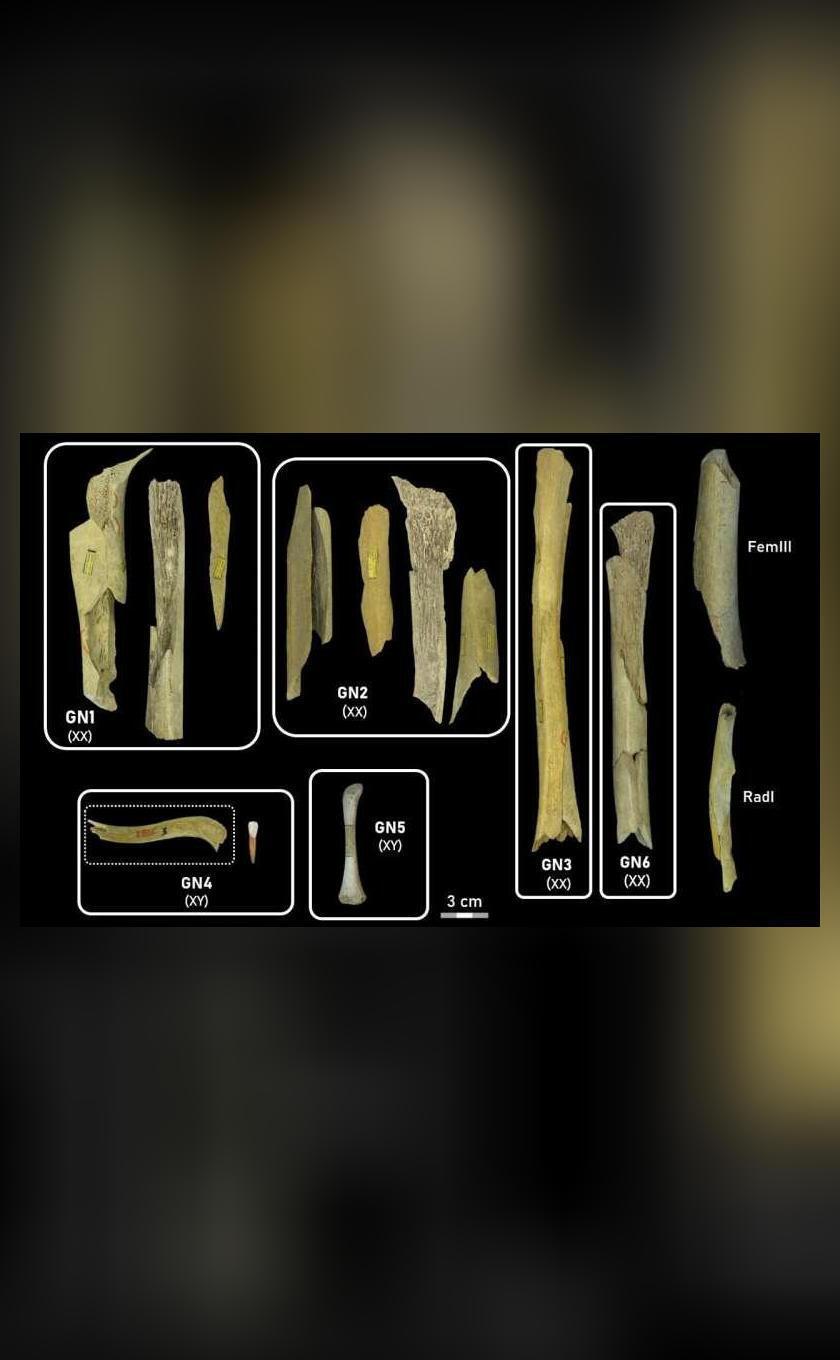
Neanderthals ate outsider women & children 45,000 years ago: Study
The Neanderthals, our ancient human relatives, have long been a subject of fascination and study in the scientific community. Recent research has shed new light on the behavior and social dynamics of these prehistoric humans, and the findings are nothing short of astonishing. A study of human remains in Belgium’s Goyet cave system has revealed that Neanderthals engaged in cannibalism, specifically targeting women and children from other communities, around 45,000 years ago.
The discovery was made by a team of researchers who analyzed 101 bone fragments found in the Goyet cave system. These fragments exhibited butchery marks similar to those found on animal bones, suggesting that the Neanderthals had subjected these human remains to similar treatment as their animal prey. The implications of this finding are profound, and they have significant bearing on our understanding of Neanderthal behavior and social dynamics.
The study’s findings indicate that the victims of this cannibalism were not members of the Neanderthal group that inhabited the Goyet cave system. Rather, they were outsiders, likely from other Neanderthal communities in the region. This suggests that the Neanderthals were engaging in a form of territorial conflict, where they would attack and consume members of other groups. The fact that the victims were primarily women and children is also significant, as it implies that the Neanderthals were targeting vulnerable members of other groups.
But why would the Neanderthals engage in such behavior? The researchers believe that this cannibalism was linked to the decline of the Neanderthal population and the expansion of Homo sapiens into the region. As the Neanderthal population began to shrink, they may have become more competitive and aggressive in their interactions with other groups. The presence of Homo sapiens in the region would have added to this pressure, as the two species would have been competing for resources and territory.
This study provides a unique glimpse into the social dynamics of Neanderthals during a time of significant change and upheaval. The fact that they engaged in cannibalism, targeting vulnerable members of other groups, suggests that they were operating in a state of heightened competition and aggression. This behavior would have been driven by the need to protect their territory and resources, and to ensure the survival of their own group.
The discovery of cannibalism among Neanderthals is not entirely new. Previous studies have found evidence of cannibalism in other Neanderthal sites, but this study is significant because it provides a detailed analysis of the victims and the context in which the cannibalism occurred. The fact that the victims were primarily women and children adds a new layer of complexity to our understanding of Neanderthal behavior and social dynamics.
The study’s findings also have implications for our understanding of human evolution and the development of human social behavior. The fact that Neanderthals engaged in cannibalism, targeting vulnerable members of other groups, suggests that this behavior may have been more common in the distant past than we previously thought. This raises questions about the origins of human social behavior and the factors that contribute to the development of cooperation and altruism.
In conclusion, the study of human remains in Belgium’s Goyet cave system has revealed a shocking and fascinating aspect of Neanderthal behavior. The fact that they engaged in cannibalism, targeting women and children from other communities, provides a unique glimpse into the social dynamics of these prehistoric humans. The study’s findings have significant implications for our understanding of human evolution, social behavior, and the development of cooperation and altruism.
As we continue to learn more about our ancient human relatives, we are reminded of the complexity and diversity of human behavior. The discovery of cannibalism among Neanderthals serves as a poignant reminder of the darker aspects of human nature, and the need to continue exploring and understanding our shared human history.
News source: https://phys.org/news/2025-11-neanderthal-women-children-victims-cannibalism.html




